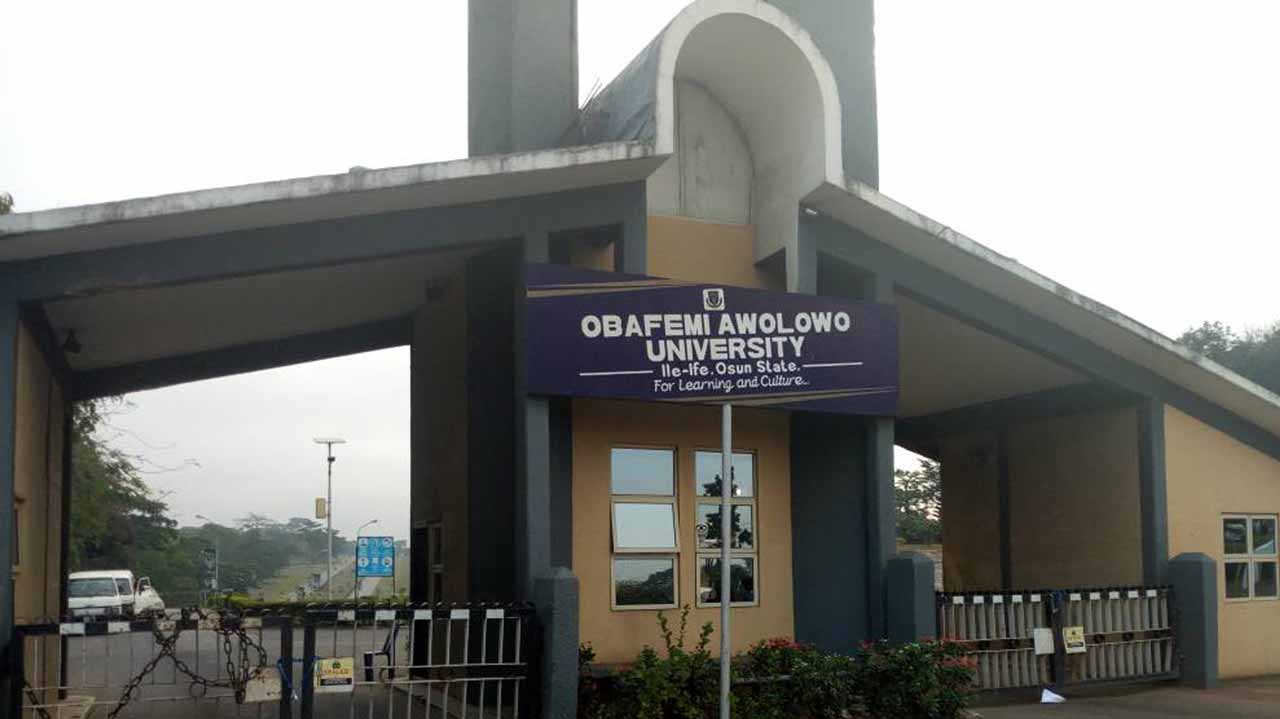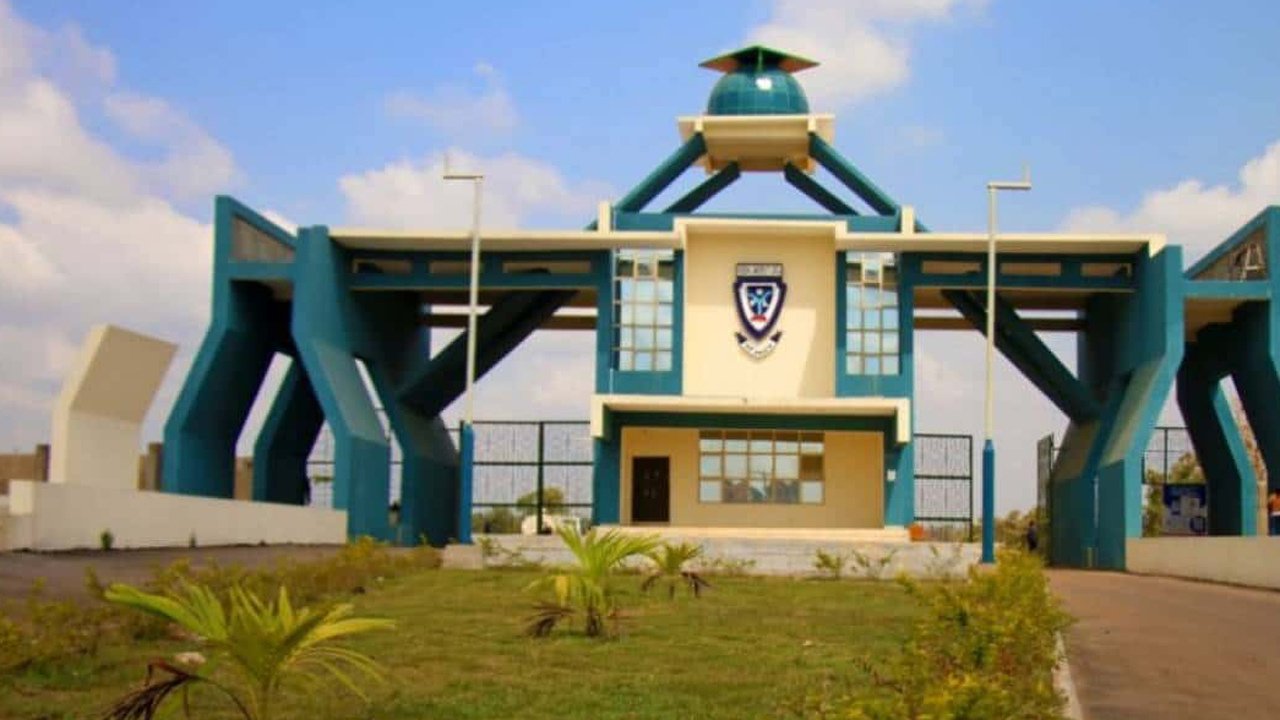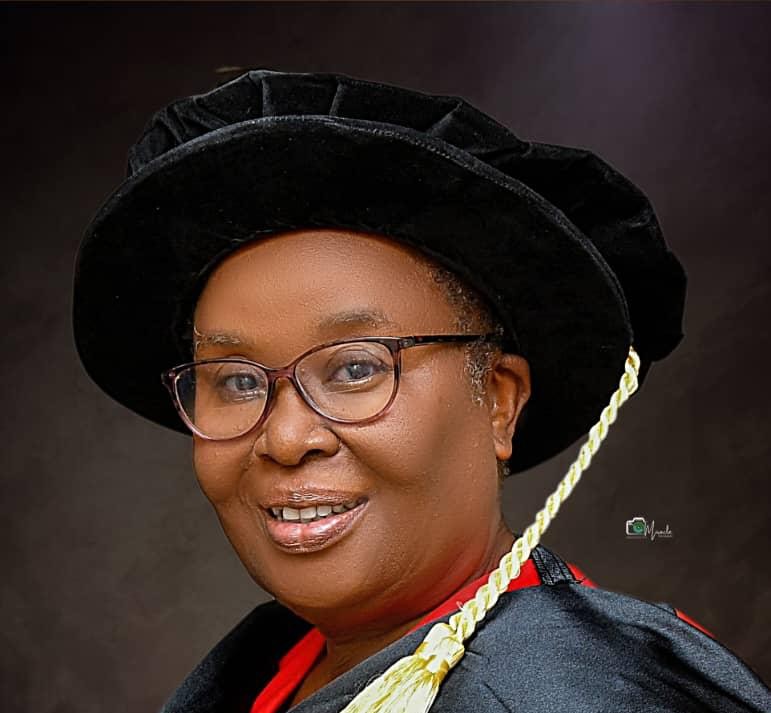Courts confront peril of AI, say stakeholders
Obafemi Awolowo University (OAU) has underscored Africa’s capacity to move from resources to real transformation with a groundbreaking one-day Artificial Intelligence (AI) & Robotics in Clinical Practice Symposium and the launch of OAK.io, an AI-powered line of smartphones and smartwatches.
The symposium brought together leading academics, healthcare professionals, technology experts, students, and industry leaders to explore how AI and Robotics can revolutionise diagnosis, treatment, and healthcare delivery across Africa.
The event was convened by Deputy Vice Chancellor (Academics), Prof. G.A. Aderounmu, and Provost of the College of Health Sciences, Prof. B.O. Adegbehingbe, with the Vice Chancellor, Prof. A.S. Bamire, as chief host.
The university leaders, emphasised that Africa’s challenge is not a lack of resources but the need to think, build, and act.
Relatedly, Nigeria’s judiciary has planned to take cautious steps into the digital future, with AI and cybersecurity firmly on the agenda.
Judges, lawyers, and others, yesterday, at the Lagos State Judiciary 2025/2026 new legal year summit, examined the opportunities and the ethical dilemmas that new technologies present for justice delivery.
Real transformation, the university leaders noted, requires investment in education, STEM skills, vocational training, strong institutions, reliable infrastructure, and a culture that values productivity and innovation.
Meanwhile, the centrepiece of the event was the unveiling of OAK.io, a university spin-off from OAU’s ICT-Driven Knowledge Park with its first products signalling Africa’s intent to compete globally while meeting local needs.
It, however, introduced the X55 Smartphone and FitBand X1 Smartwatch, both preloaded with AI tools for healthcare diagnostics, crop monitoring, and education. The devices will be commercially available in early 2026.
The VC, who called for more action, described the symposium as “a bold step toward harnessing technology to meet Africa’s unique healthcare challenges,” urging governments, investors, and educators to strengthen infrastructure, policy frameworks, and innovation ecosystems so that such breakthroughs can scale across the continent.
Chief Justice of Nigeria (CJN), Justice Kudirat Kekere-Ekun, in a goodwill message, underscored the urgency of the conversation.
She said technology is no longer an option for a justice system; it is an imperative.
Lagos State governor, Babajide Sanwo-Olu, who was represented at the event by the Attorney General and Commissioner for Justice, Lawal Pedro (SAN), pledged continued support for the judiciary’s digital transformation.
He stressed the importance of responsible adoption, acknowledging the risks posed by biased algorithms, insecure data, and tampered electronic evidence.
Also, Speaker of the Lagos State House of Assembly, Mudashiru Obasa, said that while the Assembly is mandated to make laws for residents, it is constrained by the fact that cybersecurity falls within the Federal Government’s Exclusive List.
This, he said, creates a gap in protecting citizens from new forms of digital crime.
In his keynote address, digital rights advocate Olumide Babalola said that AI is not a far-off innovation but a pervasive reality shaping society now.
Earlier, the Chief Judge of Lagos State, Justice Kazeem Alogba, delivered a blunt assessment of the situation, saying: “There is no escape route for us from the use of AI, which is now all-pervading globally.”
He urged the participants to engage deeply with the summit’s discussions and be better equipped to deal with the evolving challenges.
In her welcome address, Chairman of the planning committee, Justice Adedayo Oyebanji, described the summit as a deliberate effort to bridge knowledge gaps.






